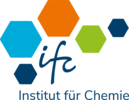The Team
Group Leader
Dr. Dmitry Momotenko
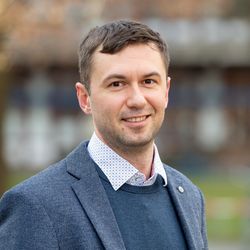
Dmitry Momotenko studied chemistry at the M. V. Lomonosov Moscow State University (Russia) and obtained his PhD at École Polytechnique Fédérale de Lausanne (Switzerland) in 2013. The focus of his thesis was on studying mass-transport phenomena in electrochemical systems for applications in analytical chemistry and scanning electrochemical microscopy. Later, in 2014 he received a Marie Curie Fellowship grant for a project at the University of Warwick (United Kingdom), where he was working on nanoscale ion fluxes for high-resolution electrochemical imaging. In 2017 he joined ETH Zürich (Switzerland) as an independent researcher with an Ambizione Grant from the Swiss National Science Foundation to work on nanoparticle manipulation, scanning probe microscopy and sensing. In 2020 he obtained ERC Starting Grant and in 2021 joined the Carl von Ossietzky University of Oldenburg, Germany, as a Junior Research Group Leader. His current research interests are nanoscale 3D printing and electrochemical energy storage.
PhD students
Karuna Kanes
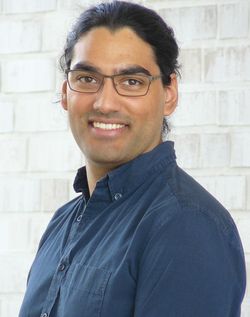
Hi, my name is Karuna Kanes. I graduated with a Master of Science degree in nanoscience at the University of Hamburg. In my master thesis, I studied nanostructured CuFeO2 delafossite thin films for photo-electrochemical applications. In my current PhD studies, I am focusing on additive manufacturing on a very small scale, with the aim of achieving new 3D printing techniques with higher resolution and higher printing rates in the nanoscale. In my spare time, I like to work with old electronic and mechanical devices to bring them to function again.
Weishan Wu
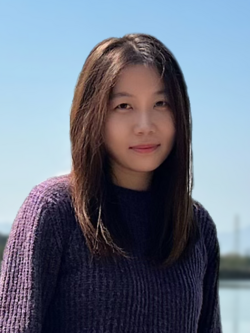
Weishan Wu studied functional materials and physics and obtained her Master's degree from Philipps-Universität Marburg. Her master's thesis investigated organic semiconductor and metal interfaces by means of absorption spectroscopy and electron diffraction techniques. Her current PhD research focuses on developing advanced nanoscale 3D printing techniques to fabricate active battery materials with ultrasmall structural features. The goal of this project is to adopt concepts of additive manufacturing (AM) for the fabrication of high-aspect ratio nanostructures, and achieve an increase in charging power and higher charging rates without compromising the battery capacity.
Muhammad Zerehi Zadeh
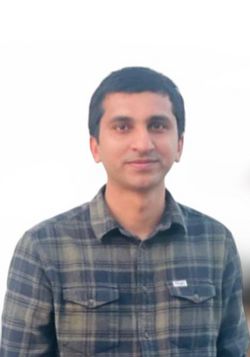
I earned my master's degree in Advanced Functional Materials at Chemnitz University of Technology. In my master's thesis, I conducted research on nanofiber-supported electrodes for thin-film photovoltaic modules. I am currently working on my PhD thesis, which focuses on nanoscale 3D printing of lithium-ion batteries. The goal of this project is to achieve a breakthrough improvement in key battery properties such as charge time and performance by using advanced nanoscale 3D printing techniques to create active battery materials that enable a significant increase in the surface area of the battery in a nanoscale gap between the electrodes .
Simon Sprengel
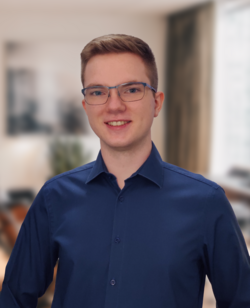
Simon Sprengel is a MSc student at the Department of Chemistry. In Momotenko’s group Simon develops new bioprinting methods for precise 3D printing of cells to create new organs and biotissues.



